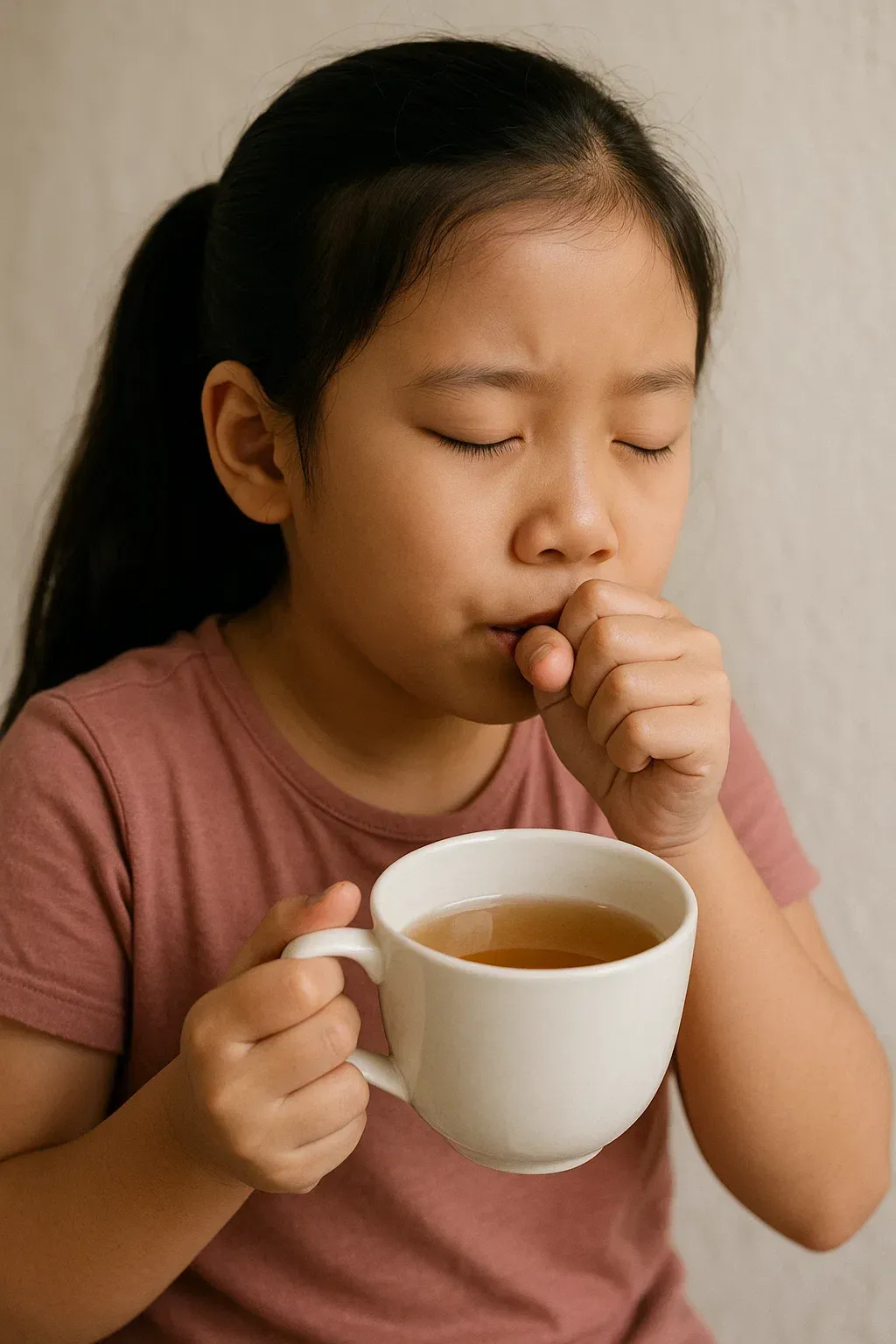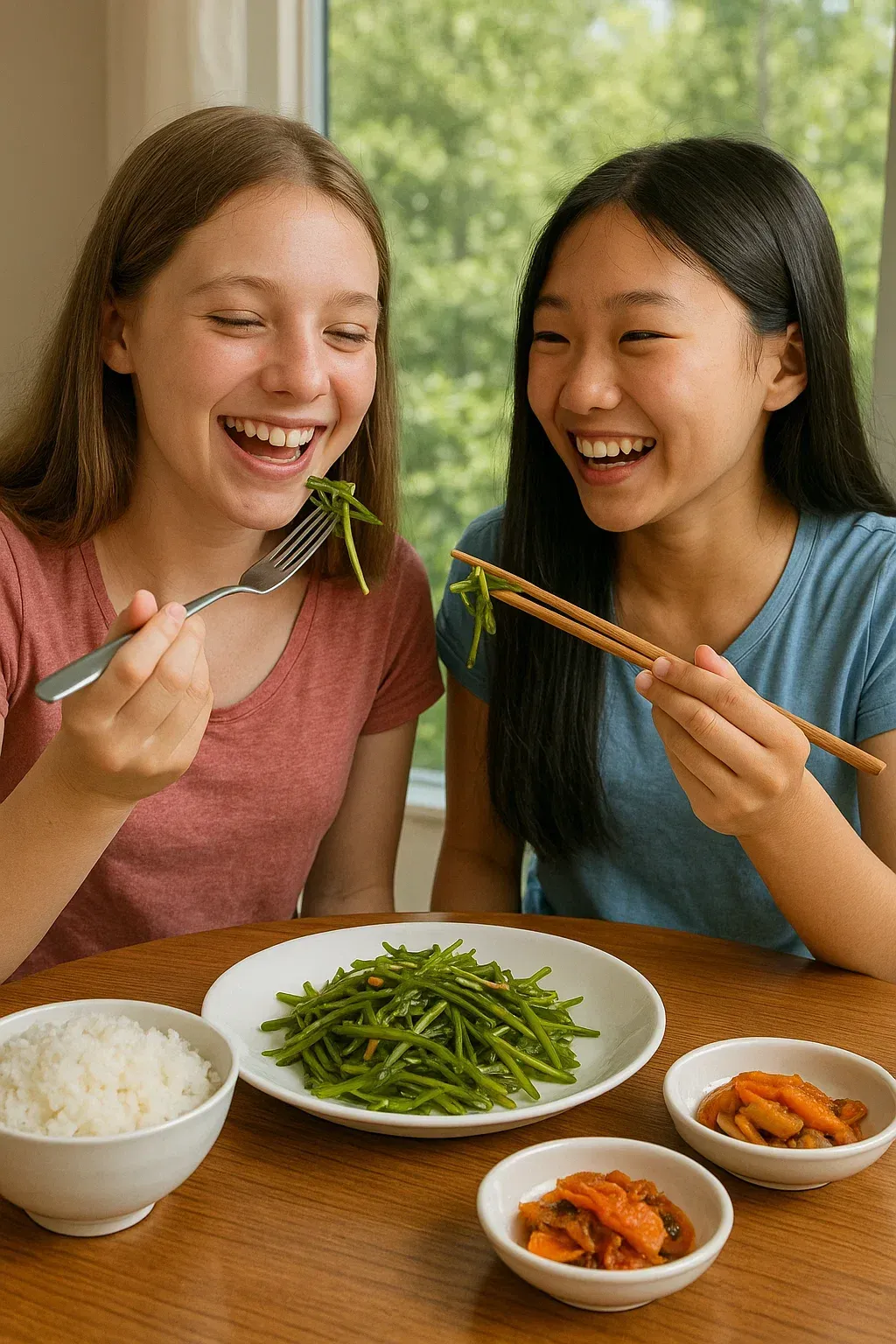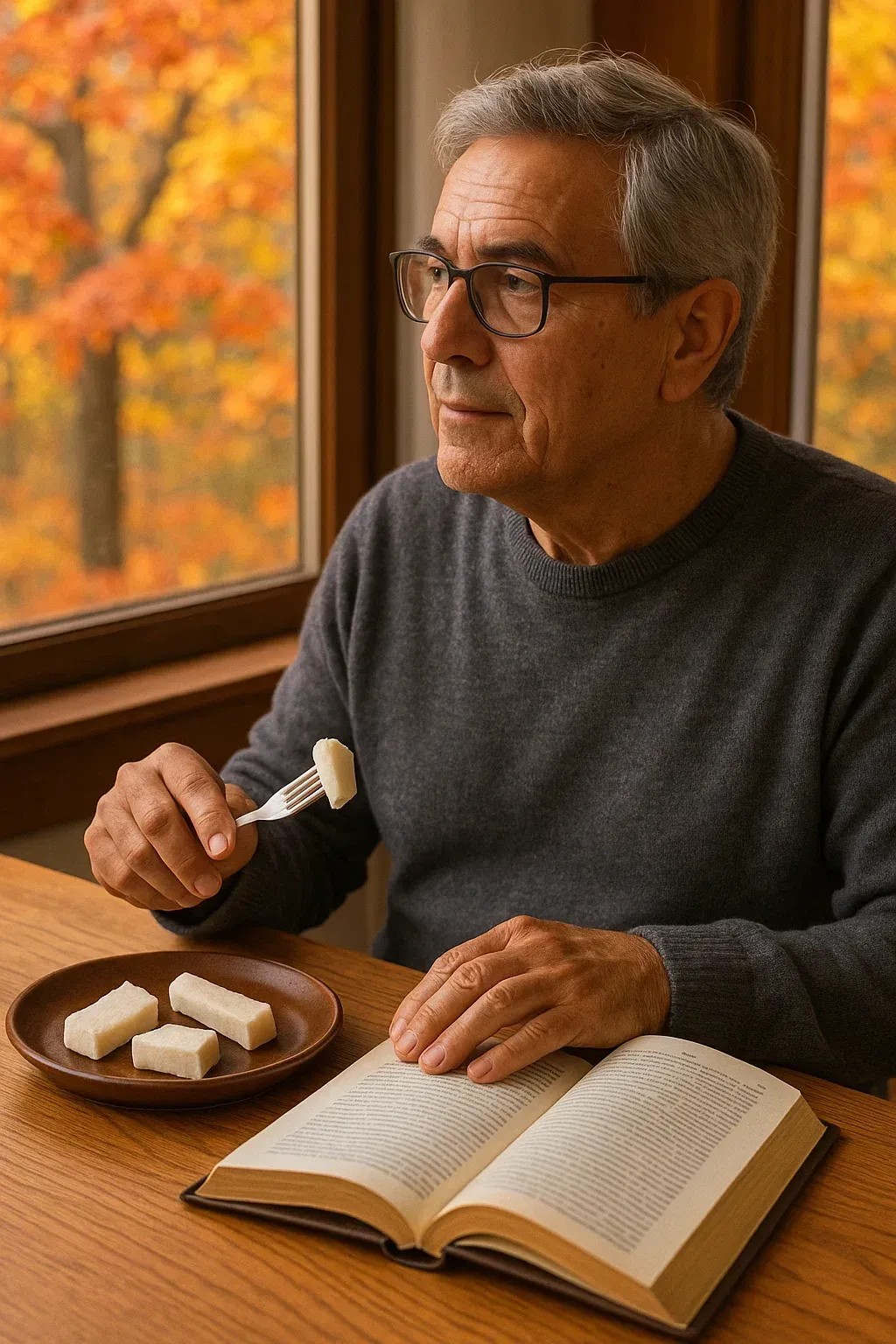Grounding the Wind: A Neurologist's Guide to Gastrodia Elata (천마)
In conditions involving involuntary movements, dizziness, or severe tension headaches, Traditional Chinese Medicine (TCM) seeks to "subdue the wind" – a concept encompassing nervous system hyperactivity and erratic internal movements. The herb most renowned for this critical function is Gastrodia Elata, known as Tian Ma (天麻). As a neurologist with an interest in integrative therapies, I find the study of Tian Ma compelling due to its documented effects on calming the central nervous system and promoting stable cerebral function.
The Heavenly Hemp: Understanding Tian Ma's Unique Action
Tian Ma is the rhizome of a parasitic orchid and holds a unique place in the herbal pharmacopeia. It is classified as sweet and neutral, primarily targeting the Liver meridian. Its traditional function is paramount: to extinguish Liver Wind, which is the TCM pattern often associated with tremors, vertigo, spasms, and severe headaches. It also helps calm the Liver and alleviate pain.
Scientifically, Tian Ma is rich in phenolic compounds such as gastrodin and vanillyl alcohol. These compounds are the subject of extensive modern research for their neuroprotective, anticonvulsant, and analgesic (pain-relieving) properties, providing a clear mechanism for its traditional efficacy.
The Science-Backed Benefits of Gastrodia Elata
Modern research confirms the power of Tian Ma, particularly in stabilizing the nervous system and supporting cerebral health:
- Soothes Headaches and Migraines: Tian Ma is highly effective at calming the vascular and nervous activity associated with tension headaches and certain types of migraines. Its traditional function of "extinguishing wind" aligns with its scientific ability to relax tension and improve cerebral blood flow, reducing the pressure and pain that cause severe head discomfort.
- Alleviating Vertigo and Dizziness: For centuries, Tian Ma has been the premier herb for treating vertigo and dizziness caused by internal "wind" or Liver disharmony. Scientific studies on gastrodin suggest it can positively affect the vestibular system and promote balance, making it a foundational treatment for inner ear-related and nervous-system-related dizziness.
- Neuroprotection and Anti-Convulsant Properties: The active compound gastrodin has been extensively studied for its ability to protect neurons from oxidative stress and injury. Furthermore, traditional use in managing mild spasms and tremors is supported by research showing the compound's potential anti-convulsant and anti-epileptic activities, helping to stabilize erratic nervous system discharges.
- Calming and Tranquilizing Effects: By calming the Liver (TCM's organ associated with mood, tension, and circulation), Tian Ma indirectly supports mental peace. It can help reduce irritability and restlessness often linked to stress-induced hypertension or chronic tension, promoting overall tranquility.
Important Considerations for Using Tian Ma
Tian Ma is a powerful therapeutic herb and is rarely used alone. It is typically combined with other herbs to treat the underlying cause of the "wind" or dizziness.
- Usage: It is most commonly consumed as part of a tailored herbal decoction, granule extract, or capsule formula prescribed by a qualified TCM practitioner.
- Preparation: It is often processed through steaming before use to enhance its therapeutic effects and ensure proper bioavailability.
Important Cautions: While generally considered safe for appropriate patterns, Tian Ma is a potent herb and should not be self-prescribed for serious neurological conditions. Always consult with a qualified physician, neurologist, or licensed TCM practitioner before incorporating Tian Ma into your treatment plan, especially if you are taking prescription medications for seizures, blood pressure, or neurological disorders.
Tian Ma is an ancient testament to the profound connection between the body's internal energy and neurological stability. By harnessing its grounding power, you are taking a definitive step toward calming the nervous system and achieving a clearer, steadier state of mind.
- Dr. Chungmoo "John" Huh, DAcCHM, L.Ac, Dipl. OM -











